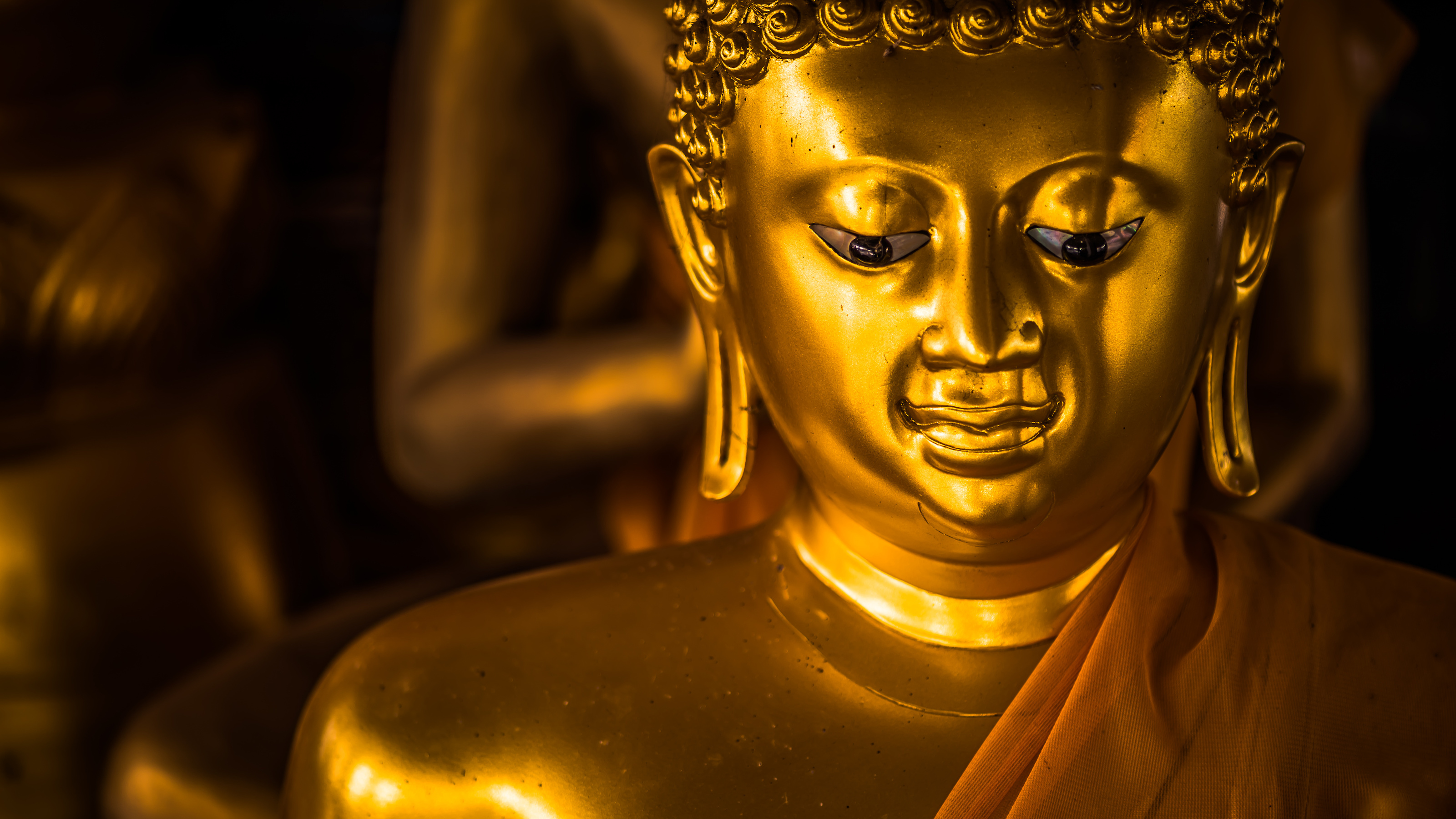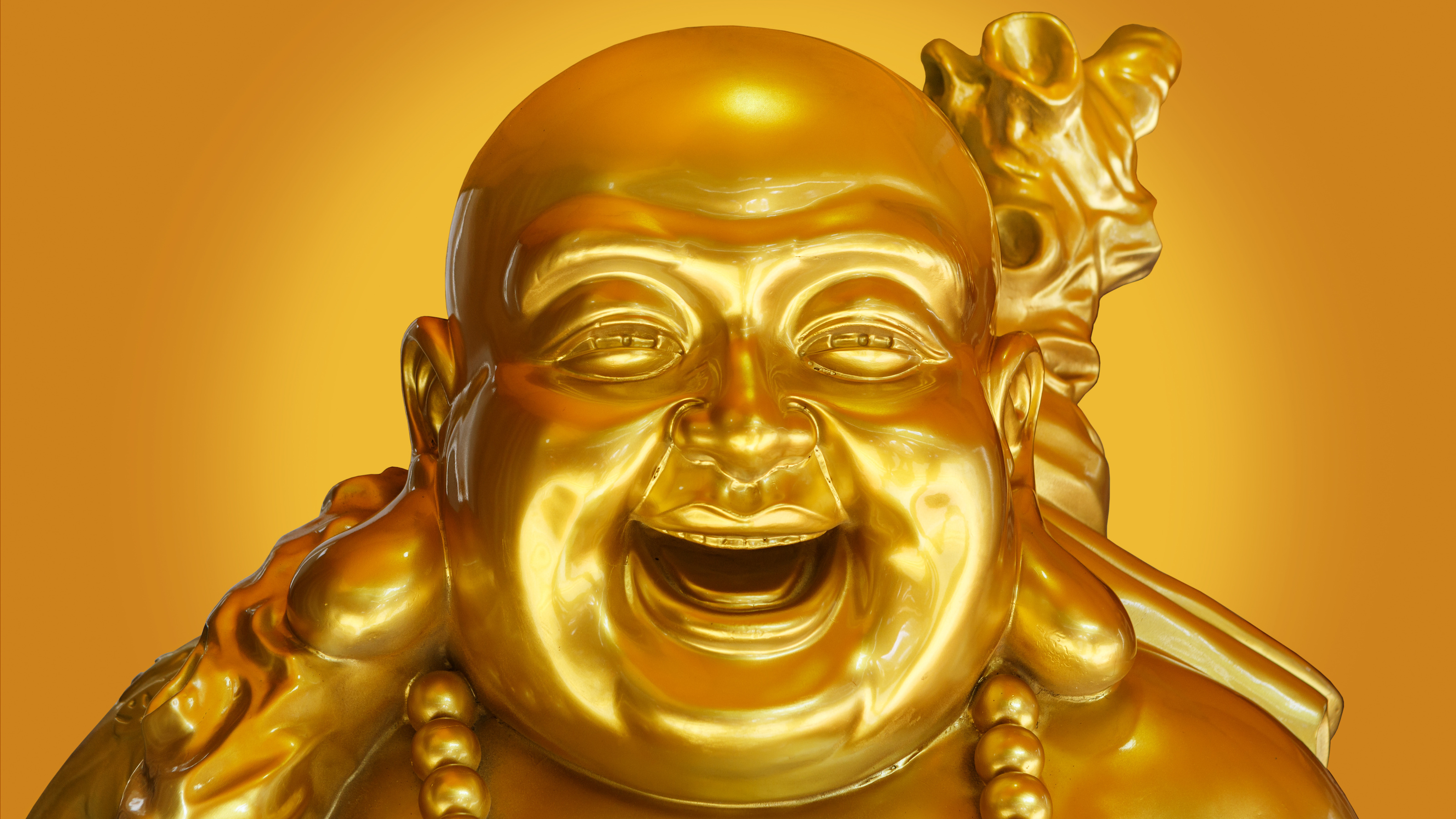Accept the Four Noble Truths and follow the Eightfold Path to get rid of suffering and find happiness.
According to the World Health Organization, the number of people with mental health problems is growing around the world. Buddhism says that suffering is a part of being human and can't be avoided. But what if you could rewire your brain to conquer suffering? Buddhism says that you can.
Buddhism is both a religion and a way of thinking that started in India in the 5th century BCE. It is based on what Siddhartha Gautama, who is also called Buddha, taught. It is thought that there are about 500 million Buddhists in the world today.
According to the Buddha, suffering comes from wanting and not knowing. Both of these lead to wanting and clinging to things that don't last, and this clinging makes us suffer when we lose or change something because we hold on to the false belief that these things will make us happy forever. Buddhism teaches that you can get rid of mental suffering by understanding and practicing certain mental states and actions.

The Four Noble Truths are a way to understand suffering and figure out how to get rid of it. The first great truth is that there is suffering. The second noble truth is that craving and attachment are what make people suffer. The third noble truth is that there is a way out of suffering. The Eightfold Path is the fourth noble truth. It is a set of rules and actions to follow in order to stop suffering.
The first noble truth is that there will always be suffering, or dukkha. Just as figuring out what the problem is is the first step to solving it, the Buddha said that the first step to getting rid of suffering is to recognize that it is there. If someone says that suffering doesn't exist, they are crazy. When someone can't accept the truth about their situation, they can't find a way to make their pain go away. This can cause a cycle of pain that keeps going on and on.
The second noble truth tries to find out what causes suffering (samudaya). It says that craving and attachment are the cause of suffering. Getting attached to things that won't last makes us suffer. The way to enlightenment is to realize and accept that everything changes. Wanting pleasure, material things, or to live forever are all longings that can never be fully satisfied, so wanting them can only cause pain.
We don't want to admit that things are bad, we want things to stay the same, and we don't like change because we want to feel in charge and in charge of things. Because consistency and control can bring comfort, people tend to deny that things change over time.
Buddhism's third noble truth is that it is possible to end the cycle of suffering (nirodha) and reach an inner state of peace and freedom. This is also called "Nirvana" or "Enlightenment," and it can be reached in this life or in the next one.
A person who has been through a hard time in their life can find a way to understand and get through it by admitting it and using meditation and other spiritual practices like mindfulness, which is one of the most important Buddhist practices and means paying attention to the present moment, to let go of attachments and move on.
The Eightfold Path, also called "the Middle Way," is the fourth of the four noble truths.
It is the set of rules and practices that show how to reach enlightenment and stop suffering.
It is a set of rules for moral and mental growth that includes Right Understanding, Right Intention, Right Speech, Right Action, Right Livelihood, Right Effort, Right Mindfulness, and Right Concentration. These practices are meant to help us get smarter, be more kind, and act in a moral way.

The first step of the Eightfold Path is "Right Understanding," which is also called "Right View." It means having a deep understanding of the Four Noble Truths, which means knowing that suffering exists and being aware of the things that cause it. Then, by following the Eightfold Path, we can start to take steps to ease suffering.
Right intention, which is also called "Right Thought," helps us act in an honest and moral way. Good intentions include giving up greed, letting go of worldly wants, not hurting yourself or others, and spreading happiness, compassion, and kindness to all beings. Right intention is related to the idea of Karma, which is the sum of all the good or bad things a person does over the course of their life. Good things, like being honest, generous, kind, and moral, make people happy in the long run.
Right speech is the decision to say things that are true, kind, and helpful. This means not lying, not saying hurtful things that are cruel, abusive, or cause division, not talking about other people, and not talking about things that don't matter.
Right speech helps us learn how to talk to others in a way that is clear, kind, and good for them. It also helps us express ourselves in a way that is honest and good for them. It also helps us become more self-aware and mindful because it teaches us to think before we speak.
Right action, also called "Right Conduct," is the fourth step of Buddhism's Eightfold Path. It means doing the right thing, like not hurting other people, stealing from them, or taking advantage of them.
Right livelihood is the decision to make a living in a way that promotes moral and ethical economics. This means not working in industries that hurt people or the environment and not taking jobs that exploit people or hurt the environment. Right livelihood means doing work that helps yourself and others be healthy and happy.
Right effort, also called "Right Diligence," is the sixth step of the Eightfold Path. This means that a person is committed to making consistent and long-term efforts to improve their moral and mental growth. This means letting go of negative ways of thinking. Right effort is based on being present and aware of yourself. To make new mental pathways, which is similar to how cognitive behavioral therapy (CBT) rewires the brain, it takes consistent mental discipline.
Right mindfulness, which is also called "Right Attention," is the decision to be aware of your thoughts, feelings, and actions in the present moment. This kind of mindfulness is all-encompassing and includes the body's physical feelings and movements. It helps people become more self-aware and rooted in reality. It means focusing on the here and now instead of thinking about the past or worrying about the future.
Right concentration, which is also called "Right Meditation," is the last step of Buddhism's Eightfold Path. It means making a promise to meditate in order to develop deep levels of concentration and mental focus. Right concentration means developing the ability to focus on just one thing. This leads to deeper levels of concentration (and, ideally, insight into the nature of reality) and takes consistent and sustained effort. It helps you develop the mental discipline and focus you need to find inner peace and enlightenment. It is related to right mindfulness, right effort, and right understanding.
Buddhism says that the way to freedom from suffering and lasting happiness is through the mind. We can do this by getting wiser, being more moral, and training our minds. We can think our way out of existential pain by following the Eightfold Path, becoming more mindful and kind, and accepting that everything changes.











